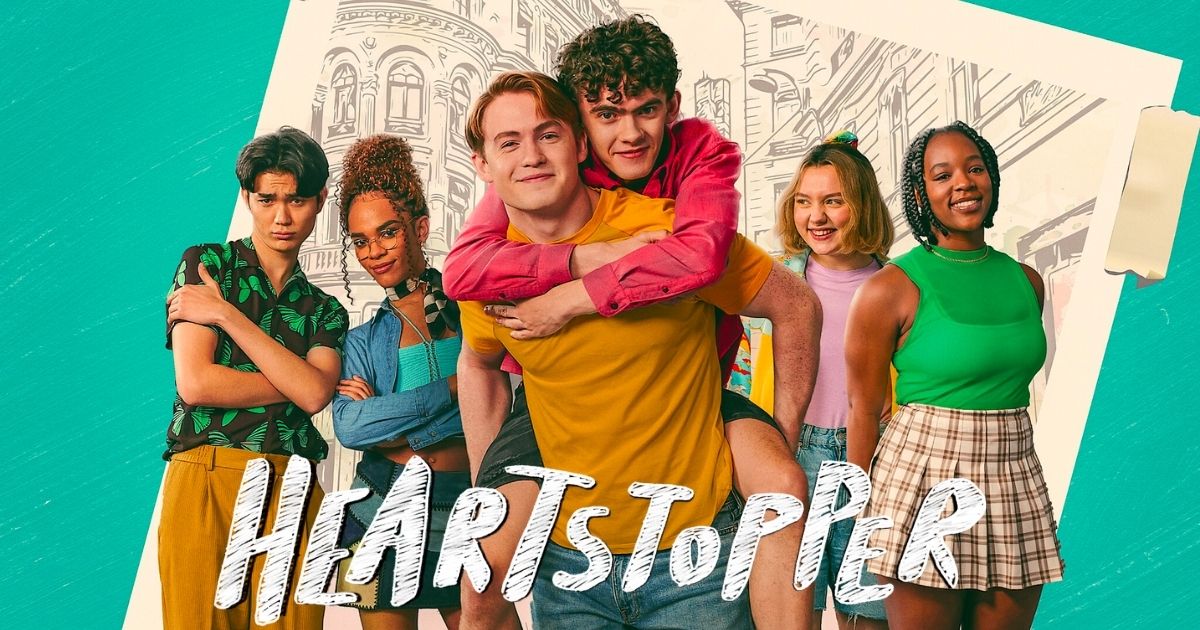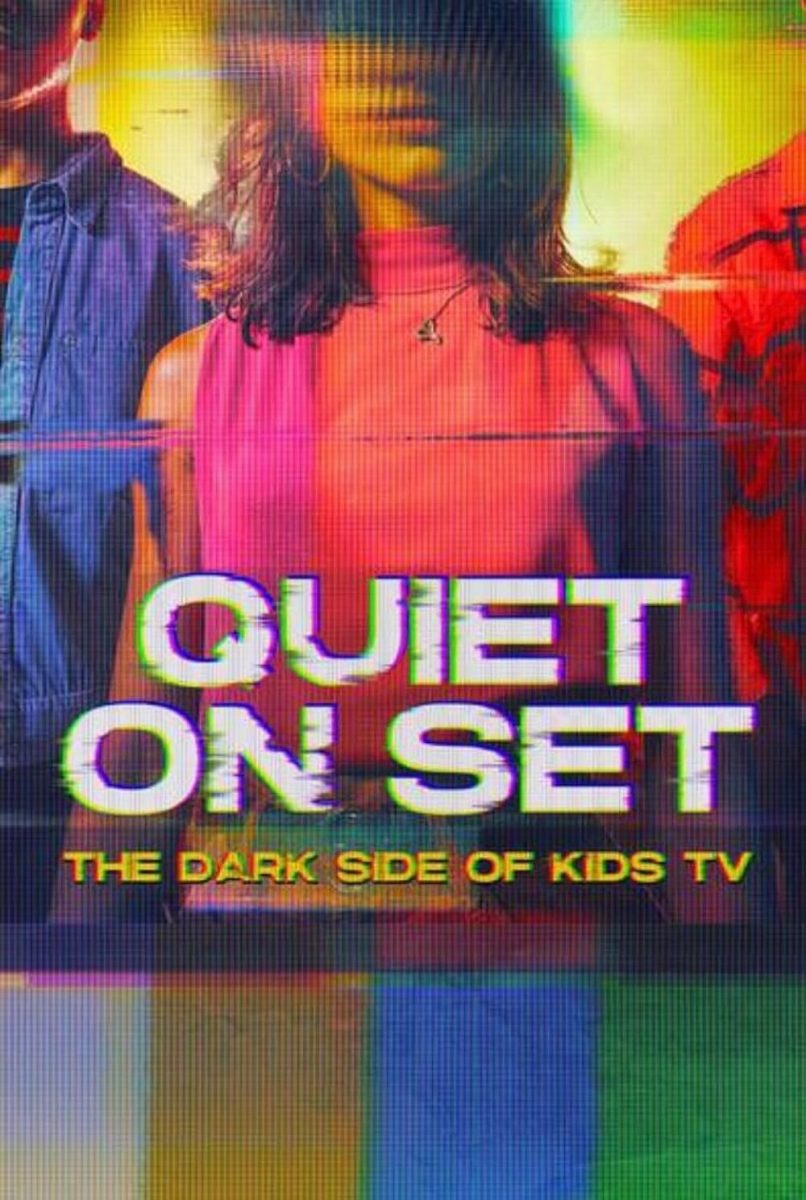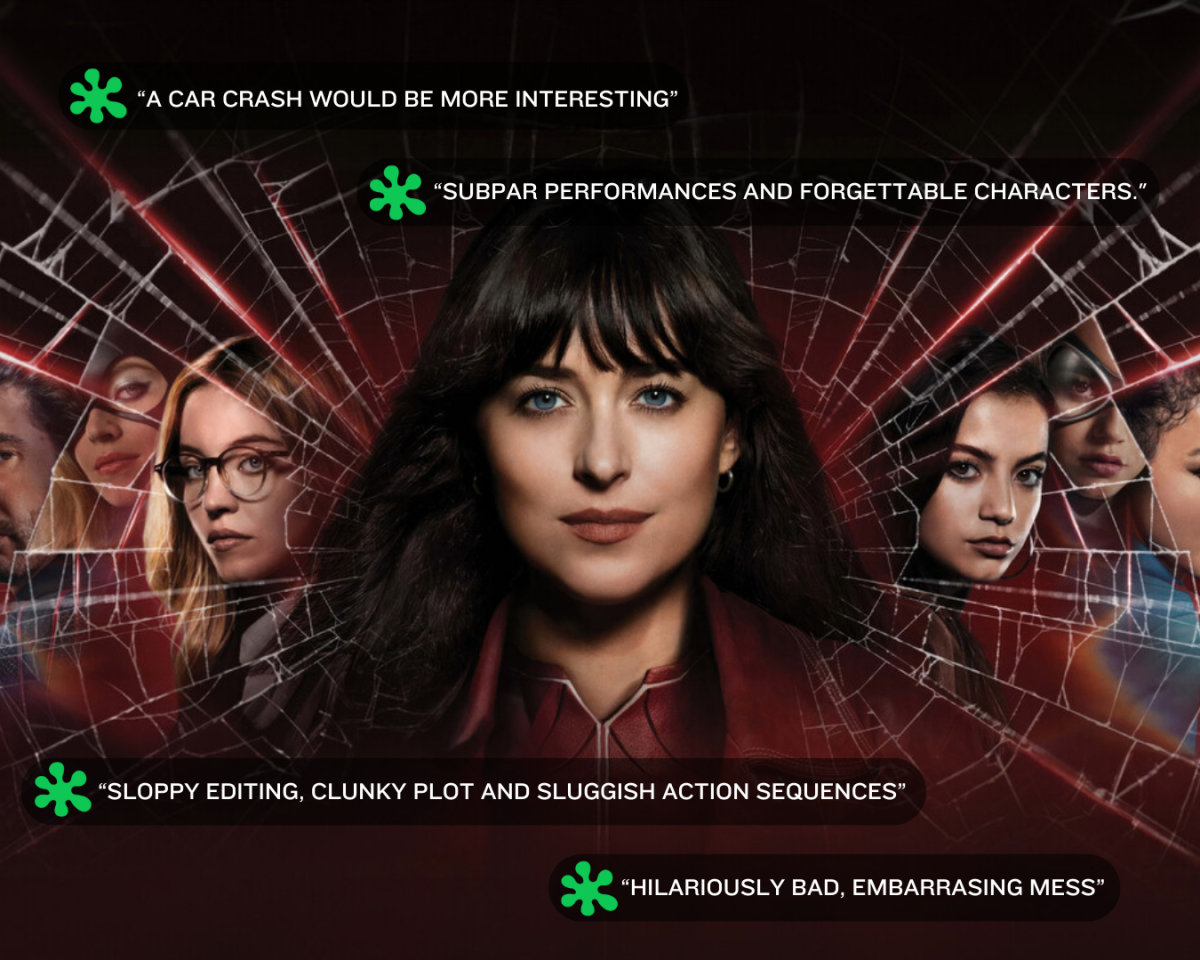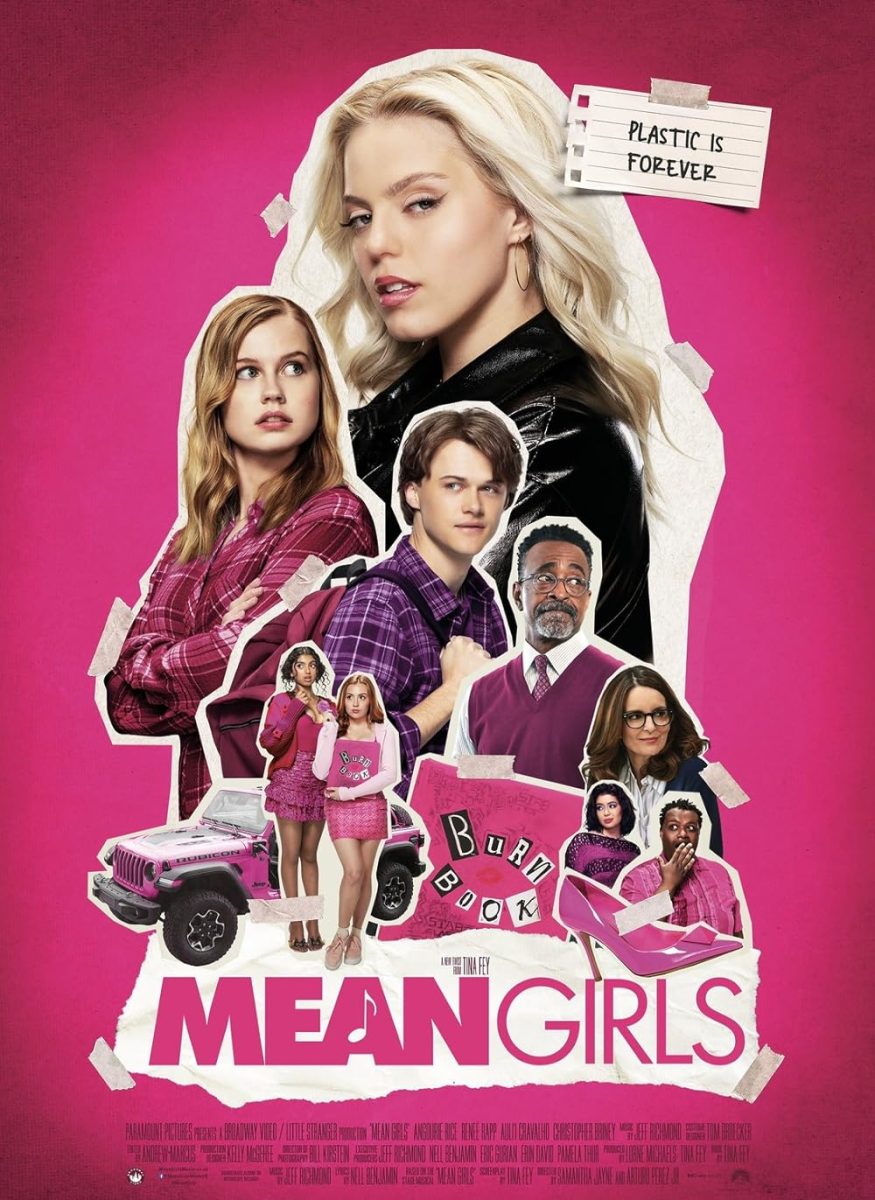
What is romantic love if not kind and truthful? Young adults build up happily-ever-after romances that are supposed to make them fulfilled. As a result, they seek relationships filled with such ideals of honesty and hope. However, film and television portrayals of toxic relationships take on many forms, ultimately shaping how people perceive romance and intimacy within their relationships. While the media can positively impact this perception, it can also create a misconstrued idea of a healthy relationship.
It often does so by portraying intense verbal and physical arguments and emotions as signs of passionate love while targeting tween and teenage audiences. These “heat of the moment” experiences become misconstrued because of the conventionally attractive “hot and sexy” male archetype coming off as brooding with a heart of gold. Through heated disagreements and overly dramatic confrontations that explode into potential emotional abuse, the audience often considers overblown emotional turmoil as deep and passionate romance.
In the 2000s, we saw an abundance of toxicity in television, particularly in the New York City teen drama “Gossip Girl,” which featured dynamic and toxic relationships misrepresented as passionate ones. For Generation Z culture, it became more than just a series — it evolved into a cultural phenomenon, with audiences witnessing the pitfalls of toxicity while perceiving the relationships as “goals.”
Take Chuck Bass, played by Ed Westwick, and Blair Waldorf, played by Leighton Meester: the quintessential toxic couple of not only the iconic series but of the entire mid-2000s that normalized abuse. For example, in the third season, Chuck, driven by his power-hungry desires, makes a deal with his Uncle Jack and agrees to sacrifice his relationship with Blair in exchange for ownership of the hotel he wants. Manipulating Blair to achieve this materialistic goal is simply unforgiveable.
Through competition for both power and control, manipulation was a trademark for this couple. At the time, this idealization of a conventionally attractive man was consistent with the caricature of the entitled and misogynistic man who still had a heart. But why does it still have such a strong influence on people to this day?
Instead of featuring a vibrant and optimistic display of love, characters who are supposed to engage in romantic gestures are actually controlling, possessive and manipulative individuals. It’s easy to get wrapped up in the passionate and intense romance portrayed in the media but this ignorance leads us to dismiss the red flags in an unhealthy and potentially abusive relationship.
“Saltburn” (2023) is an example of such toxic elitism in film, making viewers question what the definition of romance really is. This black comedy film portrays scholarship student Oliver Quick, played by Barry Keoghan, who becomes fixated with a popular, aristocratic student, Felix Catton, played by Jacob Elordi, before he is invited to the family’s estate.
Oliver’s unhealthy obsession with Felix entangles him in a web of deceit and desire masqueraded as love. Rather, Oliver abuses love and sex to achieve his desires; however, this display of toxicity is detrimental. This contributes to conflation between what is considered a healthy romantic relationship and that of harmful destruction.
We’ve all heard that “love is pain.” Romantic relationships aren’t supposed to be easy, but they shouldn’t be painful either. The media, especially film and television, creates unrealistic stereotypes that all romantic relationships should be painful and challenging, and that love and pain are intertwined.
More recently, the psychological thriller series “You” on Netflix and “Euphoria” on HBO both portray toxicity at its finest.
In the Netflix original show “You,” serial killer protagonist Joe Goldberg, played by Penn Badgley, is characterized by his obsessive and stalking tendencies — killing at least 18 characters throughout the four seasons. In the fourth season, Joe returns to his old ways after murdering his previous love interest Love Quinn, played by Victoria Pedretti, and has found love with Kate Galvin, played by Charlotte Ritchie.
But Joe is stalking his nemesis, Adam Pratt, and is convinced that he must outsmart him before he blames a slew of murders on him. Joe’s obsessive tendencies are detrimental in and of themselves, and adding a fifth (and thankfully, final) season of this show plays into the romanticized perceptions of obsession, despite various storylines placing Joe in romantic situations.
In the same realm, “Euphoria” confronts issues of harm through the character Nate Jacobs, played by Jacob Elordi. The series blatantly acknowledges the character’s damaging nature, ultimately exposing the dark realities of detrimental behavior, particularly within Nate’s tumultuous relationship with Cassie Howard, played by Sydney Sweeney, as both fail to navigate or understand their emotions. As the show attempts to depict the harsh truths of toxicity, it uses ethereal cinematography as well as dark, sultry music. These artistic choices, however, can inadvertently romanticize the problematic elements of Nate and Cassie’s relationship, such as manipulation and Nate’s ongoing fixation on Cassie as well as her personal emotional insecurities.
Contrastingly, examples of healthy relationships in television and film include Chandler Bing, played by Matthew Perry, and Monica Geller, played by Courteney Cox, in the iconic sitcom “Friends.” Their relationship thrives on open communication, mutual respect and genuine affection for each other, setting a positive example for what a healthy relationship should look like.
Similarly, the bond between Harry Burns, played by Billy Crystal, and Sally Albright, played by Meg Ryan, in the 1989 romantic comedy “When Harry Met Sally…” highlights the importance of honesty and emotional intimacy when nurturing an authentic connection. These relationships highlight the importance of communication and genuine affection, defining the characteristics of healthy relationships.
While some audiences may view the media as a reflection of society, the blurred lines between love and manipulation in its portrayals of romantic relationships have severe consequences. Love — if portrayed authentically for young audiences — can be a lens to show growth, maturity and healthy love. However, it first must be freed from the influence of manipulation and toxicity.
























